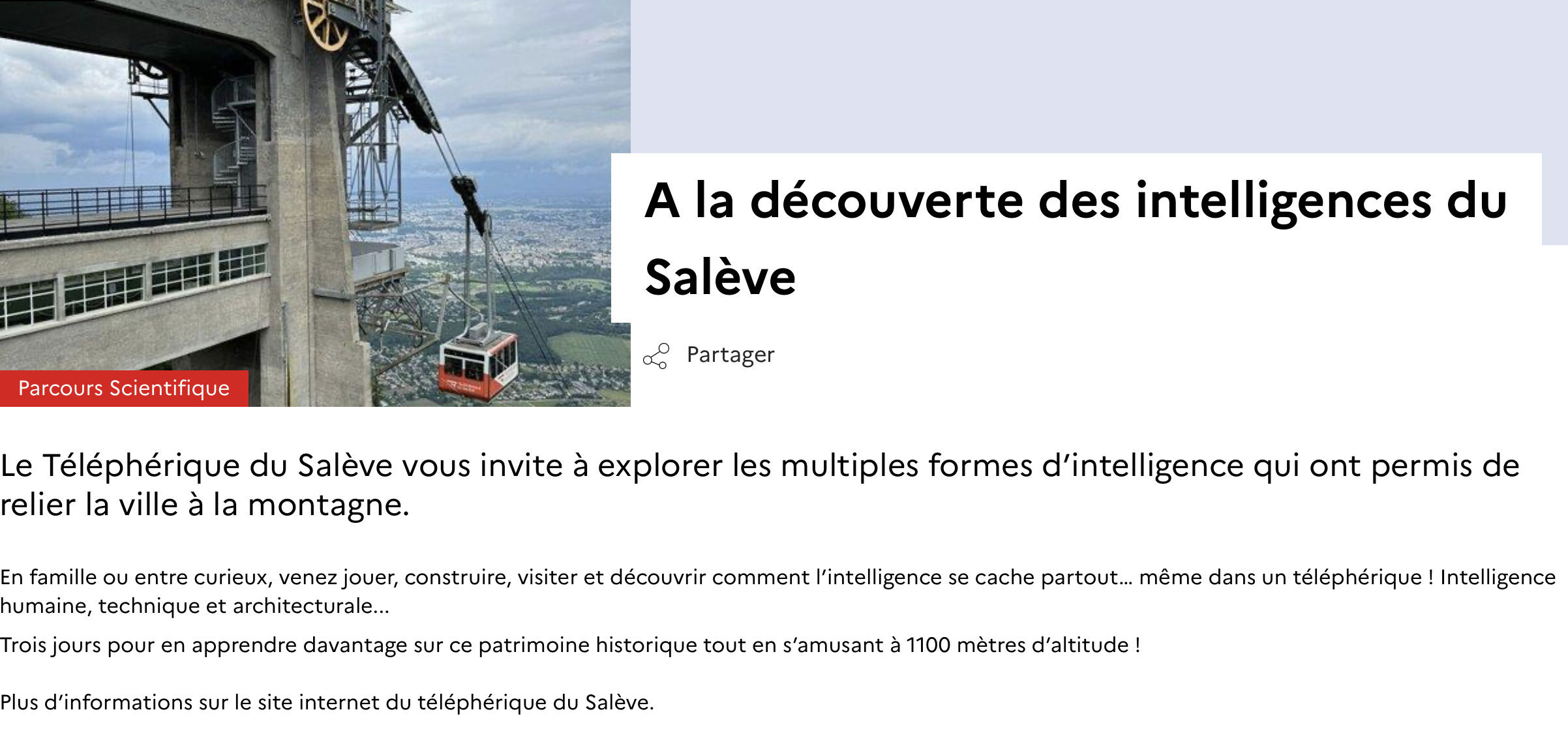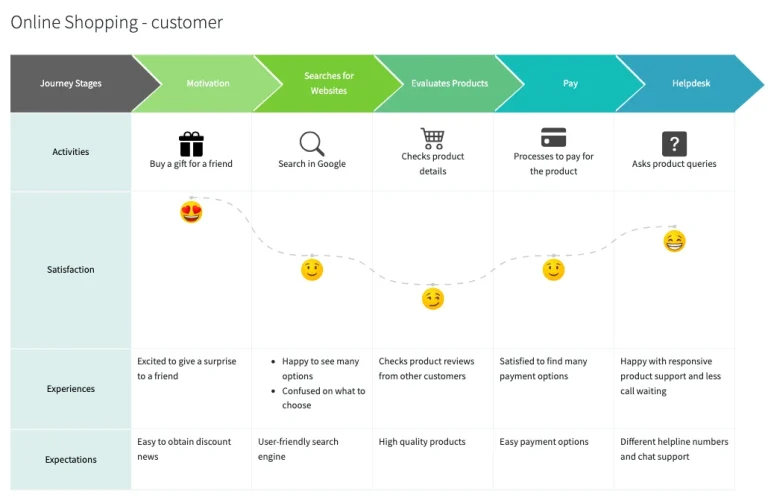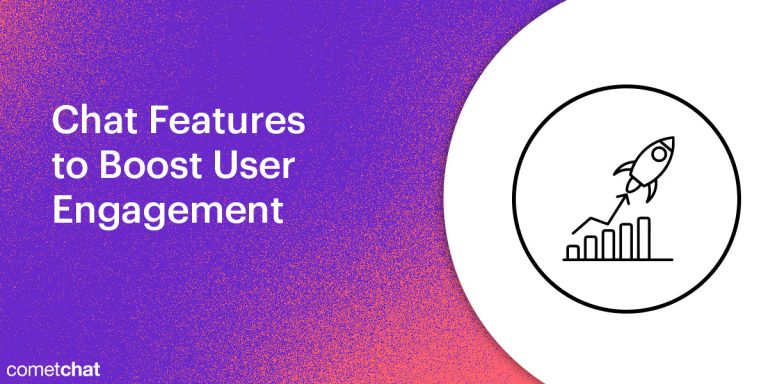
In the ever-evolving digital landscape, one of the most transformative forces is the rise of AI-driven answer engines. These systems, powered by artificial intelligence, are not only changing how users find information but also redefining the SEO strategies that bloggers must adopt to stay relevant. As platforms like ChatGPT, Gemini, and Perplexity become more sophisticated, they’re shifting the focus from traditional search engine optimization (SEO) to a new era of answer-based content discovery. This article explores what AI answer engines are, how they impact SEO, and the actionable steps bloggers can take to adapt and thrive in this new environment.
What Is an AI Answer Engine and Why It Matters
An AI answer engine is a system that uses artificial intelligence to provide direct, concise answers to user queries rather than returning a list of web pages. Unlike traditional search engines like Google or Bing, which rely on indexing and ranking web content based on relevance and backlinks, AI answer engines interpret the context of a query and deliver precise responses. They use natural language processing (NLP) and machine learning to understand complex questions and generate informative, contextually relevant answers.
This shift from page-based discovery to answer-based delivery is significant for SEO professionals. As users increasingly turn to AI tools for quick, accurate information, the way content is structured and optimized must evolve. For bloggers, this means moving beyond keyword stuffing and backlink building to creating content that aligns with how AI systems process and present information.
Key distinctions between traditional search engines and AI answer engines include:
- User Intent Interpretation: AI engines analyze the context of queries rather than just matching keywords.
- Direct Answers: Users often get solutions without visiting multiple websites.
- Conversational Interaction: AI platforms allow back-and-forth dialogues, enhancing user engagement.
- Real-Time Updates: AI answer engines use real-time data sources to ensure accuracy.
For bloggers, these changes mean that content must be more conversational, contextual, and answer-focused to remain visible in this new search ecosystem.
How AI Answer Engines Impact SEO Performance
AI answer engines are reshaping SEO performance in several key ways:
-
Reduced Click-Through Rates (CTR)
When AI provides direct answers, users may not click through to the original source. For example, if a user asks about a product, and ChatGPT gives a detailed response, the user might not visit the website where the product is sold. This can lead to lower organic traffic for sites that don’t optimize for AI visibility. -
Higher Engagement Through Featured Snippets
Websites that create content optimized for AI-friendly formats—such as FAQs, guides, and structured data—may still benefit from being cited in AI answers. Being referenced by AI platforms can boost credibility and indirectly drive traffic. -
Shift Toward Conversational Queries
AI assistants encourage more natural, long-tail queries. Bloggers must adapt by creating content that addresses these conversational patterns, using question-based headings and natural language phrases. -
Enhanced SERP Features
AI-powered insights often inform search engine snippets, knowledge panels, and other SERP features. Being featured in these sections can increase visibility even without traditional clicks. -
Increased Authority Signals
Content cited by AI platforms gains authority signals, which may improve SEO rankings on conventional search engines.
As AI continues to influence how users interact with search, bloggers must rethink their SEO strategies to align with these new dynamics.
Step-by-Step Implementation Framework
To adapt to the rise of AI answer engines, bloggers should follow a structured approach:
-
Define or Audit the Current Situation
Begin by analyzing your current content strategy. Identify which topics are performing well, which are not, and where gaps exist. Use tools like Google Analytics, SEMrush, or Ahrefs to track traffic and engagement metrics. -
Apply Tools, Methods, or Tactics
Focus on creating content that aligns with AI’s strengths: - Optimize for Natural Language: Use conversational phrases and question-based headings.
- Focus on Contextual Relevance: Create comprehensive guides, FAQs, and detailed explanations.
- Leverage Structured Data: Implement schema markup for articles, products, reviews, and FAQs.
-
Prioritize Quality Over Quantity: Ensure your content is insightful, accurate, and well-researched.
-
Measure, Analyze, and Optimize
Track how your content performs in AI-driven environments. Use AI analytics tools like SurferSEO or AnswerThePublic to monitor trends and adjust your strategy accordingly. Pay attention to metrics like engagement rates, bounce rates, and time on page.
By following this framework, bloggers can ensure their content remains visible and valuable in an AI-centric search landscape.
Real or Hypothetical Case Study
Let’s consider a hypothetical case study involving a travel blog. The blog previously focused on traditional SEO techniques, such as keyword targeting and backlink building. However, as AI answer engines like Perplexity became popular, the blog noticed a decline in organic traffic.
To adapt, the blog team decided to revamp their content strategy:
- They created a series of in-depth guides and FAQs tailored to common traveler questions.
- They used schema markup to structure their content for better AI recognition.
- They optimized for conversational queries, incorporating long-tail keywords and natural language phrases.
Over six months, the blog saw a 30% increase in traffic from AI-driven sources. While direct clicks decreased, the blog benefited from increased visibility in AI-generated summaries and featured snippets, leading to higher brand awareness and indirect traffic.
Tools and Techniques for AI Answer Engines
To effectively navigate the AI-driven SEO landscape, bloggers should leverage the following tools:
- SurferSEO – For keyword clustering and semantic scoring to optimize content for AI engines.
- AnswerThePublic – To identify conversational queries and create content around them.
- Schema.org – To implement structured data and enhance AI recognition of your content.
- Grammarly – For improving readability and ensuring natural language flow.
- Yoast SEO – For on-page optimization and content quality checks.
- Google Search Console – To monitor how your content appears in search results and AI-driven features.
These tools help bloggers create content that resonates with both human readers and AI systems, ensuring visibility in an evolving search ecosystem.
Future Trends and AI Implications
As AI technology continues to advance, several trends will shape the future of SEO and blogging:
- More Personalized Answers: AI will increasingly tailor responses to individual user preferences, requiring bloggers to create content that aligns with specific audience segments.
- Voice and Multimodal Search: With the rise of voice assistants and multimodal interfaces, content must be optimized for spoken queries and visual contexts.
- AI-Driven Content Creation: Expect more tools that assist in generating high-quality, answer-focused content, reducing the need for manual writing.
Bloggers who embrace these changes and adapt their strategies will be better positioned to succeed in the AI-driven future.
Key Takeaways
- Understand AI Answer Engines: Recognize how they differ from traditional search engines and how they influence user behavior.
- Optimize for Conversational Queries: Use natural language and question-based content to align with AI’s strengths.
- Leverage Structured Data: Improve AI recognition of your content through schema markup.
- Focus on Quality: Prioritize in-depth, authoritative content that stands out in an AI-centric world.
- Stay Ahead of Trends: Monitor AI developments and adapt your strategy accordingly.
The rise of AI answer engines is not a threat but an opportunity. By embracing these changes and refining their strategies, bloggers can not only survive but thrive in the new era of search.
Meta Title: The Rise of AI Answer Engines: How Bloggers Can Adapt and Thrive
Meta Description: Discover how AI answer engines are reshaping SEO and what bloggers can do to stay relevant in this new search landscape.
SEO Tags (5): AI Answer Engines, SEO Strategy, Blogging Trends, Content Optimization, Digital Marketing
Internal Link Suggestions:
– [Parameter #3: AI & Search Evolution]
– [Parameter #7: Technical Performance & Core Web Vitals]
– [Parameter #11: Content Quality & User Experience]
External Source Suggestions:
– https://www.searchenginejournal.com/ai-answer-engines/
– https://www.moz.com/blog/ai-answer-engines-seo
– https://backlinko.com/ai-seo










